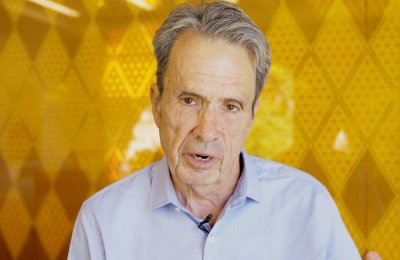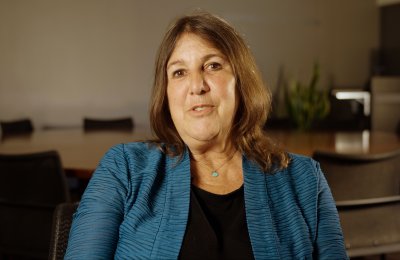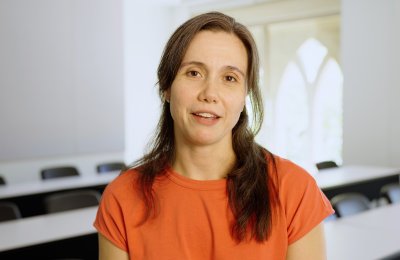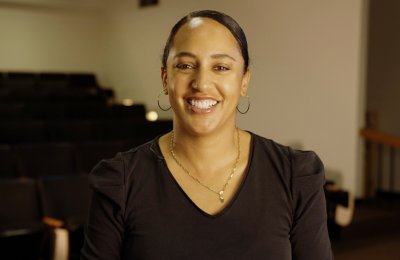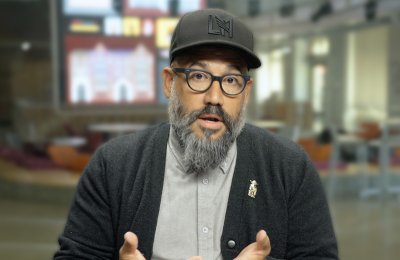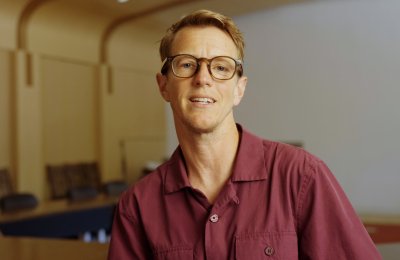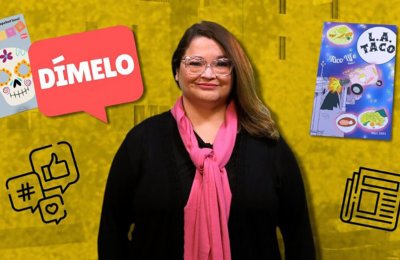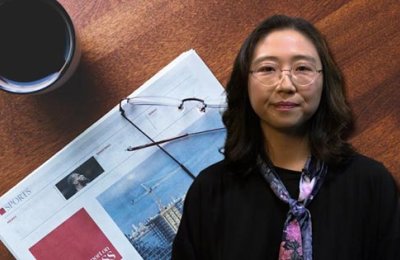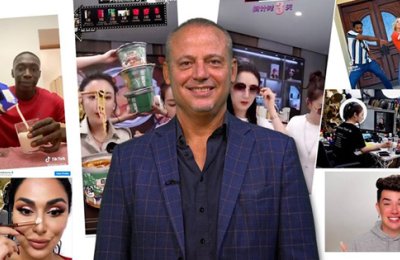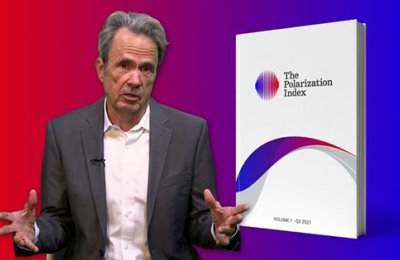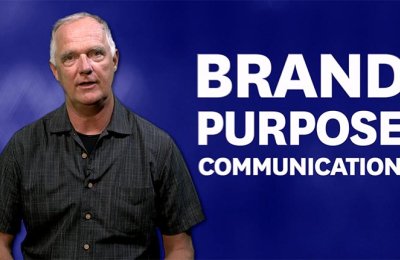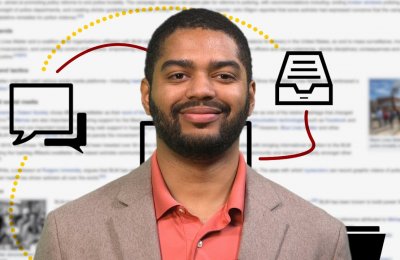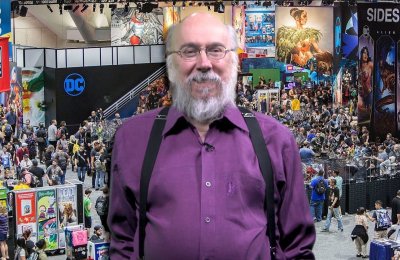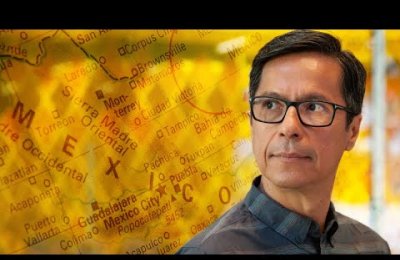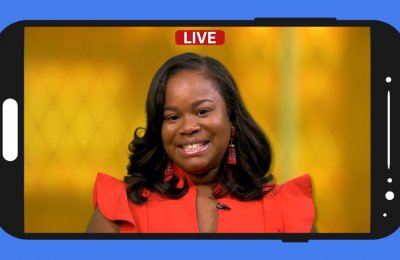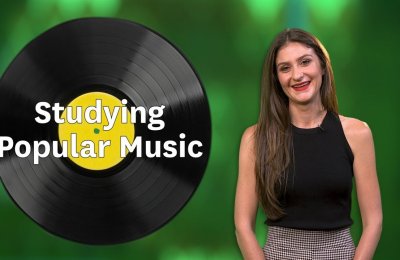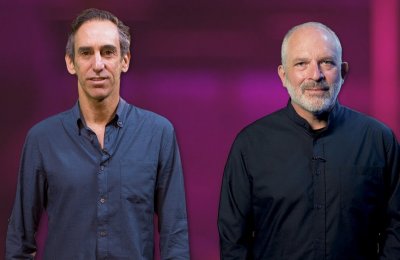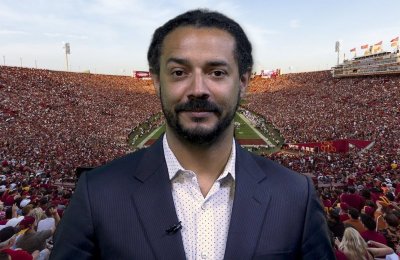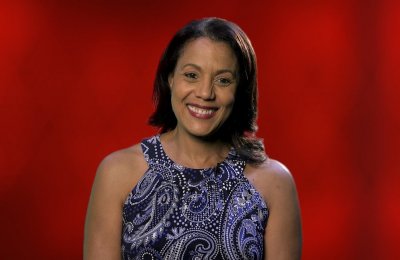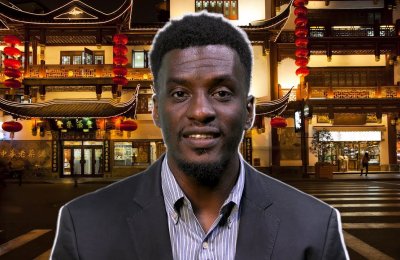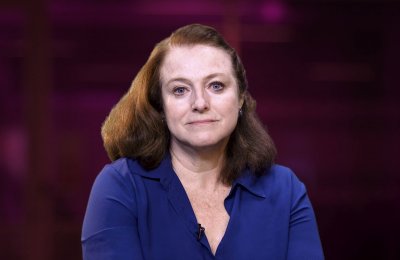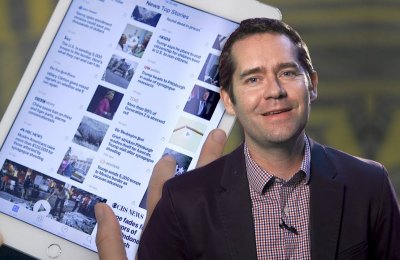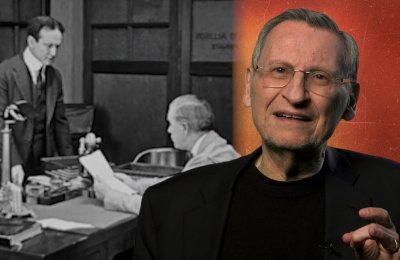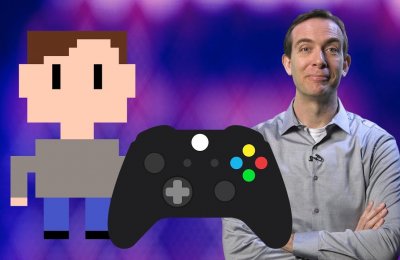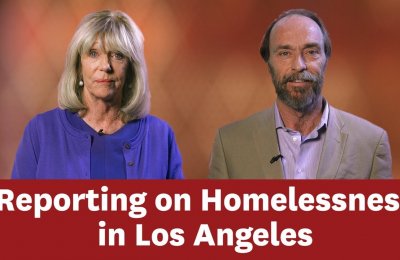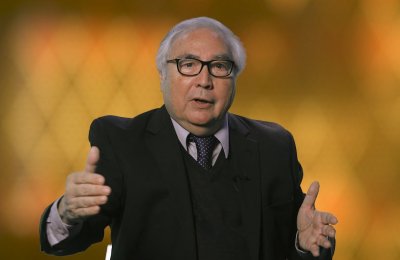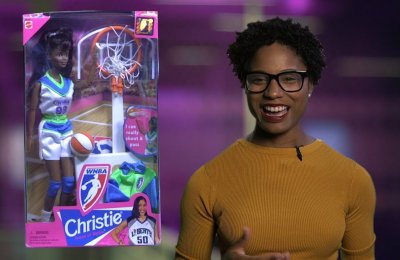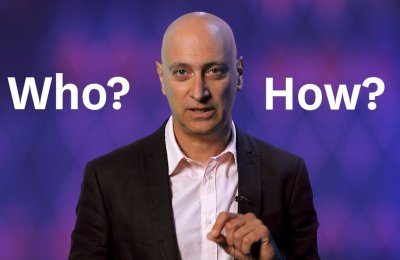Faculty Research Videos
Becoming a leader
Fred Cook has worked a variety of unconventional jobs, ultimately discovering the power of marketing and public relations.
Building influence
Karen North explores how individuals can influence others.
Innovating journalism
Laura Davis created Stylebot.
Crafting the message
Melanie Cherry analyzes social and cultural trends to understand their ripple effects on the economy.
Pioneering storytelling
Robert Hernandez explores innovative ways to tell the stories of marginalized communities using emerging technology.
Exploring intersections
Rook Campbell analyzes timely events, debates and controversies through a humanistic lens.
Engaging diverse communities
Amara Aguilar, associate professor of journalism, centers her teaching and practice on ensuring that stories of Latinx audiences are being served across a number of different platforms.
A better news model
Su Jung Kim, assistant professor of journalism in the public relations program, studies the dynamics between media users and their media environments.
Understanding global creator culture
David Craig, clinical professor of communication and co-director of the global communication master’s program, maps the rise of creator culture — an industry distinguished by cultural entrepreneurs harnessing social media platforms to create value.
Politics, polarization and purpose
Fred Cook, professor of professional practice and the director of the Center for Public Relations, explains and shares highlights from The Polarization Index (PI), the first-ever data science-based index tracking national political division as measured within social media conversations.
Guiding best practices for brand purpose communication
Burghardt Tenderich, professor of professional practice, has spent the past few years researching — and then providing best strategies — on how public relations practitioners can best integrate brand purpose communication into their campaigns.
Networks, teams and interactions in the digital age
Using Github and Wikipedia to understand broader trends and patterns in the online community, Marlon Twyman II, assistant professor of communication, explains his research exploring collective memory, collaboration and the Black Lives Matter social movement.
Our changing media environment
Henry Jenkins, Provost Professor of Communication, Journalism, Cinematic Arts and Education, has been at the forefront of understanding the effects of participatory culture on business, politics and education.
Understanding narcoculture in Mexico and the U.S.
Born and raised in Mexico, Professor of Communication Hector Amaya explores how drug violence in the country has captured our imaginations and led to new forms of participation in public culture.
Using mobile technology for citizen journalism
Allissa Richardson’s decade-long research on using mobile devices to report on social movements and police violence led to her new book, Bearing Witness While Black: African Americans, Smartphones and the New Protest #Journalism.
The act of listening: The study of popular culture and music
Josh Kun, professor and Chair in Cross-Cultural Communication, talks about the act of listening.
Popular music as path to study equality and equity
Communication (PhD) student Perry Johnson studies the intersection of popular music with issues of diversity, representation and equity.
Bridging the digital divide: François Bar and Hernán Galperin
USC Annenberg Professors François Bar and Hernán Galperin have spent years studying the digital divide and its implications in Los Angeles and around the world.
Are sports political?
Interested in the broader questions about sports? Ben Carrington, associate professor of sociology and journalism, examines how race, mass media, and popular culture play roles in what happens on the field and the effect of sports on society.
Media’s role in shaping women’s identity
Lisa Pecot-Hébert, associate professor of professional practice, researches theory and gender body image in the media, including by framing cosmetic surgery through a feminist lens.
Media and culture in black social movements
Taj Frazier, an associate professor in communication, is a cultural historian who explores the arts, political and expressive cultures of the people of the African Diaspora in the United States and elsewhere.
Using narratives to convey health information
Sheila Murphy, professor of communication, created a study to test ways to motivate women to get screening for cervical cancer.
Networked press freedom
USC Annenberg Associate Professor Mike Ananny researches the intersection between technology and journalism and discusses how critical it is to understand how they work together.
Journalists in the media
Why should we care about how journalists have been portrayed in media? What makes such an area worth studying? Those are the questions that Joe Saltzman, professor of journalism and communication, answers in this short video.
The impact of video games
What do wizards, explosions, and the world economy have in common? Dmitri Williams, associate professor of communication, researches games, online communities, technology, data and society.
Reporting on homelessness in Los Angeles
A journalism class, led by Mary Murphy and Sandy Tolan, takes on the homelessness issue in Los Angeles County.
The technology revolution
Manuel Castells talks about how his research charts the new global world emerging from the communication and information technology revolution, and how globalization both connects some and disconnects others.
Identity and representation in women's sports
Courtney Cox, a PhD candidate at USC Annenberg, researches the lived experiences of athletes and how global frameworks offer us new ways to think about the ways in which the exchange of culture, economy and politics can operate within this sphere.
Netnography
Robert Kozinets, professor of journalism, is netnography’s inventor.
